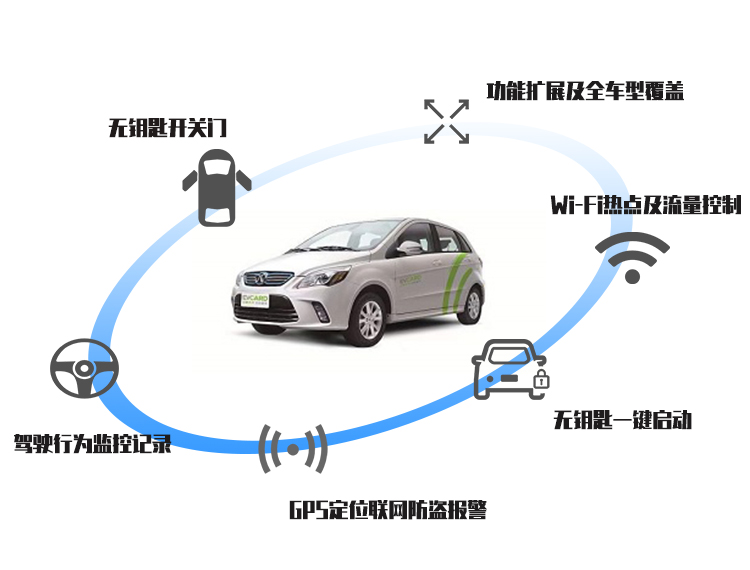Industry pain points: with the advent of shared bicycles, the sharing economy has developed rapidly in China, and many automobile manufacturers have also launched shared automobile service projects. The operating cost of shared cars is high, and the user's deposit is not cheap, ranging from thousands of yuan to thousands of yuan. However, if there are not enough users, it may not last long just by misappropriating the deposit to maintain the operation. In order to reduce operating costs, some operators will be "short of weight" in vehicle maintenance and maintenance and user service, resulting in vehicle damage or failure and failure to be repaired in time, or "fiddling" in billing to damage the interests of users, resulting in the continuous reduction of users and forming a vicious circle. The ideal shared vehicle operation mode relies on intelligent tools and intelligent management, Realize the coordination of people, vehicles and roads through automatic driving.
行业痛点:随着共享单车的面世,共享经济在国内飞速发展,很多汽车商也相继推出了共享汽车服务项目。 共享汽车的运营成本高,收取用户的押金也不菲,少则上千元,多则数千元。但是,光靠挪用押金来维持运营,如果没有足够多的用户,恐怕也坚持不了多久。一部分运营者为了降低运营成本,在车辆保养和维护及用户服务等方面,就会“缺斤少两”,导致车辆破损或出现故障也到不到及时维修,或在计费上“做手脚”损害用户利益,从而造成用户不断减少,形成一个恶性循环,理想化的共享汽车运营方式是依托智能化工具、智能化管理,通过自动驾驶实现人、车、路协同。
